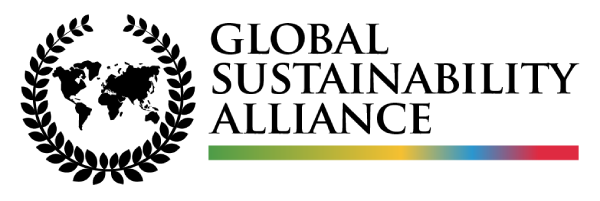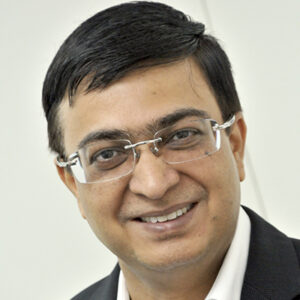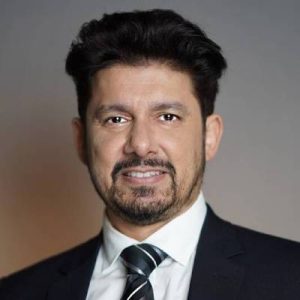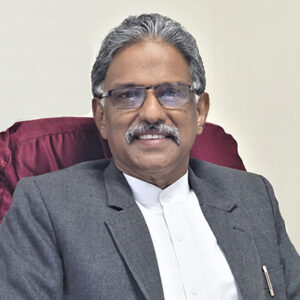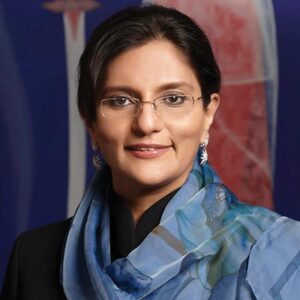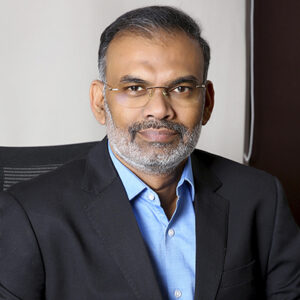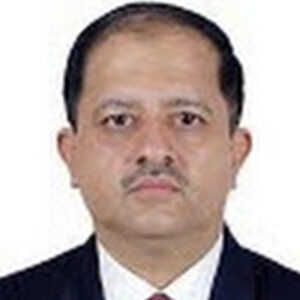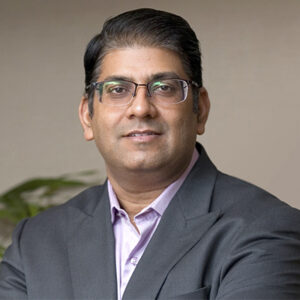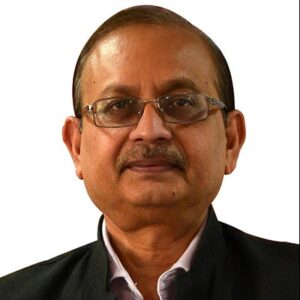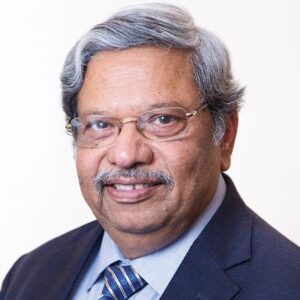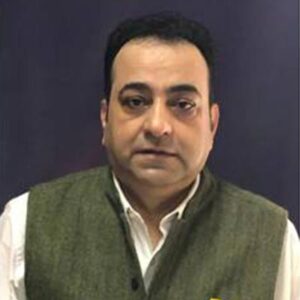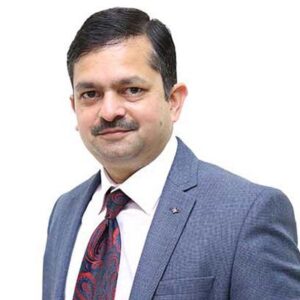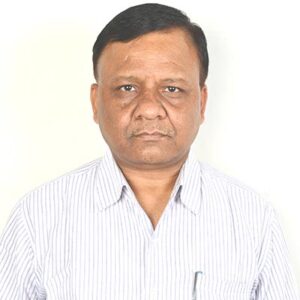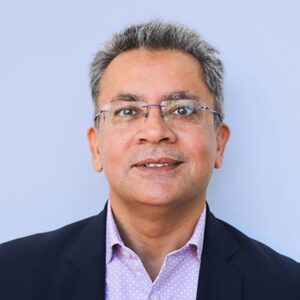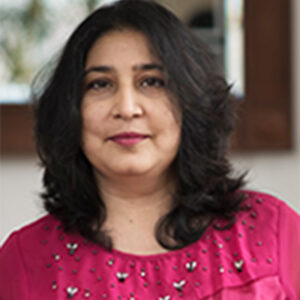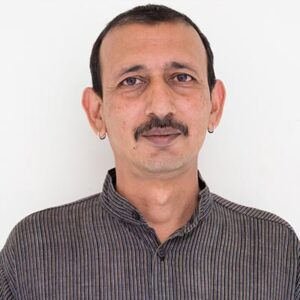Leadership Councils
The SDGs Leadership Council, an initiative of The Times Group Global Sustainability Alliance and the policy advocacy arm of ET Edge, is an exceptional cross-disciplinary network that brings together decision-makers from governments, corporates, professionals, international organizations, academia, and the private sector.

What we do?
A think-and-do- tank the Council acts as a catalyst for strategizing the study of real-world issues to drive meaningful change.
Our main purpose is to facilitate the exchange of innovative approaches and stimulate discussions on identifying practical strategies and policies for the inventive implementation of the Sustainable Development Goals (SDGs) at both the national and global levels. The council aims at identifying actionable strategies & policies that can accelerate development pertaining to the UN SDG goals in partnership with the governing bodies, public and private sectors to share ideas, develop sustainability reporting standards, and work collaboratively to advance toward the 2030 Agenda for Sustainable Development
“All Can Play a Role – No matter how large or small, and regardless of their industry, all companies can contribute to the SDGs. While the scale and scope of the global goals is unprecedented, the fundamental ways that business can contribute remain unchanged.”
– United Nations
The Council Framework
With a focus on driving transformation, the council aims to establish a mandate to guide organizations, society and industries through their transformative process while they align their social and business strategies with the SDGs.
Agenda
Targeted Activities
SDG Leadership Councils
Good Health and Well Being

Multi-stakeholder partnerships and collaborations – To ensure healthy lives and promote well-being for all at all ages by 2030
Sustainable development relies on good health, and the 2030 Agenda acknowledges the intricate relationship between the two.
Supported by nine targets that can be broadly categorized into distinct yet interconnected groups. These include reducing morbidity and mortality among vulnerable groups such as mothers, newborns, the elderly, and children. It also involves efforts to decrease the prevalence of communicable and non-communicable diseases, as well as addressing risk factors like substance abuse, road traffic injuries, hazardous chemicals, and pollution. Additionally, the targets encompass achieving universal health coverage and enhancing the overall strength of the health sector.
The councils agenda takes into account the widening economic and social disparities, rapid urbanization, climate change and environmental threats, the persistent impact of HIV, substance abuse, cancer, heart diseases and infectious diseases, as well as emerging challenges like noncommunicable diseases.
By employing a two-pronged approach, we intend to utilize evidence-based analysis from various disciplines to shape the global health agenda and implements direct interventions through development projects aimed at industry and society.
The change we intend to make within society and industry
Forge unconventional partnerships to actively pursue “bold initiatives" that promote good health, sustainable environments and equity, exemplify ethical standards, and help foster a world for all
The council strives to exemplify challenging yet transformative dialogues, where individuals from diverse ideological backgrounds converge, to share knowledge and expertise, to collaborate to move society forward.
Council Goals – Proposed subject to consent of Council members
Goal 3.4 By 2030, reduce by one third premature mortality from non-communicable diseases through prevention and treatment and promote mental health and well-being. Mortality rate attributed to cardiovascular disease, cancer, diabetes or chronic respiratory disease
Goal 3.5 Strengthen the prevention and treatment of substance abuse, including narcotic drug abuse and harmful use of alcohol
Goal 3.8 Achieve universal health coverage, including financial risk protection, access to quality essential health-care services and access to safe, effective, quality and affordable essential medicines and vaccines for all Coverage of essential health services
Goal 3.9 By 2030, substantially reduce the number of deaths and illnesses from hazardous chemicals and air, water and soil pollution and contamination
ACTIVITIES
- Forming of 3 sub-committees – Targeting activities for the committees to start immediately
- Public Policy discussions and advocacy
- Representations on and inclusion of Council on government platforms wherever applicable
- Partnership Events
- Workshops & Trainings Programmes for Industry and general public (Onground / Virtual)
- Webinars, Peer Cohorts, & Roundtables
- Participation in global events
- Member advisory groups
- Networking Programs
- Participation in SDG Summit 2023 (Parallel Council Round Table Sessions)
- Participation in Global Business Summit 2024 (Parallel Council Round Table Sessions)
Council Awards
Acknowledge outstanding achievements and pay tribute to our council members and members of our society for their unwavering commitment towards the inclusion of the Sustainable Development Goals (SDGs). As they tirelessly pursue innovative approaches to advance the common good and well being for all while they address intricate challenges.
The Council Awards will be presented annually alongside our Global SDG Summit
What To Expect From The Council?
Opportunities for members to learn from each other and build long-term partnerships.
We will create connections through peer cohorts, advisory groups, and our peer-to-peer sharing platform, and philanthropy exchange.
TAKEAWAYS
- White Papers
- Reports
- Communication and capacity building expertise
- Knowledge sharing
Plan of Action
28th July – Reconvening of the Council : Council Member meeting (Hybrid / Virtual)
- Introduction of Members
- Identification of Council goals
- Setting up of Sub-committees for related goals
- Approaches to implementing the goals
31st August
Council Meeting on approaches taken and policy interventions
September (Date to be announced)
Prevention and causes of non-communicable diseases
IDA /Tobacco Intervention Initiatives – TII / Asian Cancer Inst / Hriday / Act India /VLead Academy / Voluntary Health Asso of India
Dr. Ashok Vaid
Dr. Sriram Nene
Participation in ET SDG Summit 2023 (Parallel Council Round Table Sessions) On
All Can Play a Role
No matter how large or small, and regardless of their industry, all companies can contribute to the SDGs. While the scale and scope of the global goals is unprecedented, the fundamental ways that business can contribute remain unchanged.
Council Members
Managing Committee
President, Managing Director & Chief Executive Officer, Bharat Serums and Vaccines Limited
Vice President, Founder, Member and President, Associations Of Healthcare Providers (India)
Board Members
Managing Director, Bayer Zydus Pharma, Country Division Head, South Asia - Pharmaceuticals
Clean Water and Sanitation

Overview Council Members
Water scarcity affects more than 40 percent of people, an alarming figure that is projected to rise as temperatures do. Although 2.1 billion people have improved water sanitation since 1990, dwindling drinking water supplies are affecting every continent. More and more countries are experiencing water stress, and increasing drought and desertification is already worsening these trends.
By 2050, it is projected that at least one in four people will suffer recurring water shortages. Sustainable management of water resources and access to safe water and sanitation are essential for unlocking economic growth and productivity and provide significant leverage for existing investments. Safe and affordable drinking water for all by 2030 requires that we invest in adequate infrastructure, provide sanitation facilities, and encourage hygiene. Protecting and restoring water-related ecosystems is essential. Ensuring universal safe and affordable drinking water involves reaching over 800 million people who lack basic services and improving accessibility and safety of services for over two billion.
UN explains: “Clean water is a basic human need, and one that should be easily accessible to all. There is enough fresh water on the planet to achieve this. However, due to poor infrastructure, investment and planning, every year millions of people — most of them children — die from diseases associated with inadequate water supply, sanitation and hygiene." It calls for more research and development, increased financing, and strengthened capacity of all countries in water management.
Tasks for the council
- The committee will track and work on the following targets of Goal# 6
- Safe and affordable drinking water
- End open defecation and provide access so sanitation and hygiene
- Improve water quality, wastewater treatment and safe reuse
- Increase water-use efficiency and ensure freshwater supplies
- Implement integrated water resources management
- Protect and restore water-related ecosystems
- Expand water and sanitation support to developing countries
- Support local engagement in water and sanitation management
Why to be part of this Council
The Times Group is India’s largest media conglomerate (source: Financial Times, March 2015), with interests across diverse media encompassing publishing, television, internet, radio and outdoor. The Times Group now has flagship media vehicles such as The Economic Times, ET Now, The Times of India, Times Now, Indiatimes.com and many more that span diverse topics like business, real estate, topical issues, art, culture, economics and more. The group is synonymous with integrity, reform and progress for India and has been an unshakeable beacon of truth, justice and the power of honest journalism. With the support of our large network across the country including the media personals, response groups and others, the initiatives of the committee can be executed and spread across the nation. With the diverse group of experts at the same platform, we can plan to collaborate and contribute collectively to the activities of the SDG’s. This can help inspire several stakeholders across the country.
Benefits to the ET SDG Leadership Council
- ET Edge will be the facilitator for all the activities within the council
- ET Edge will provide visibility to the members on all media platforms
- We can include random articles, interviews and surveys on the website
- Members get the opportunity to network with other executive members from the industry
- All the work the council decides to do under the Goal 6, will be coordinated by ET Edge
- All the members will be part of the ET SDG Summit which is a flagship event of ET Edge
Council Members
Committee Chair
Co-Chair
Director, Strategy and Brand, Futurescape, India Ambassador of University of Cambridge Institute for Sustainability Leadership
